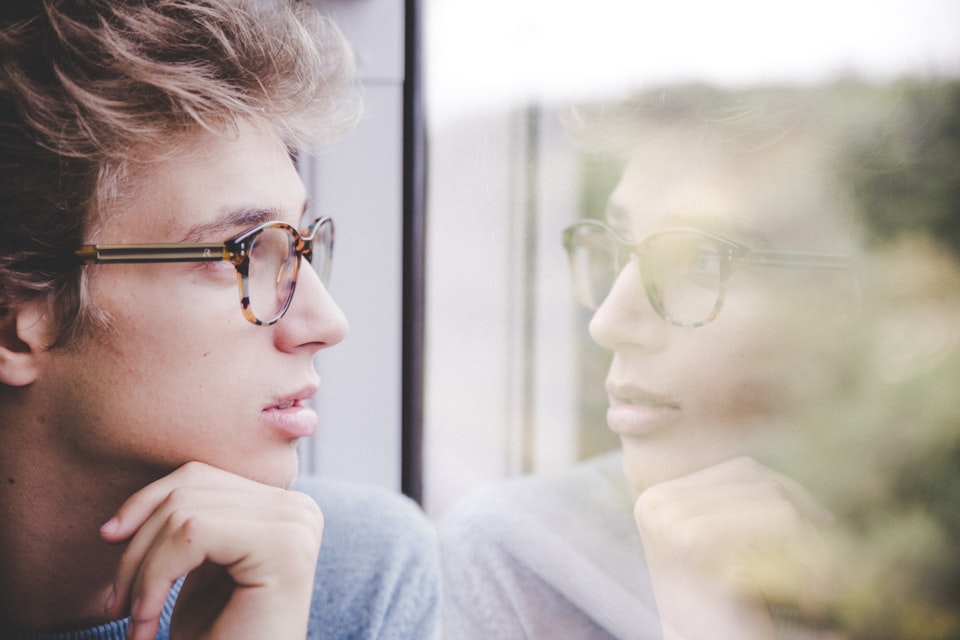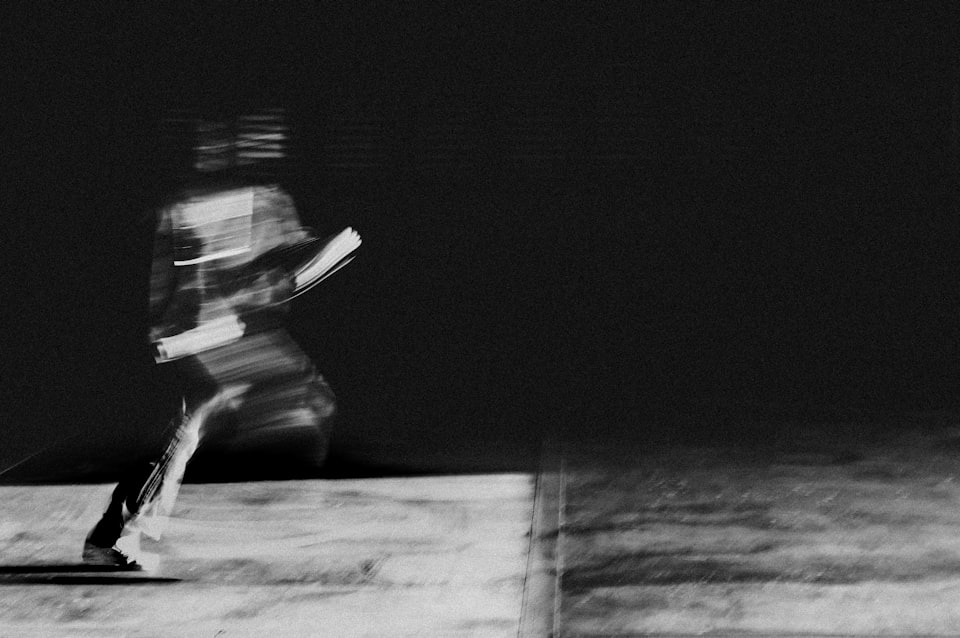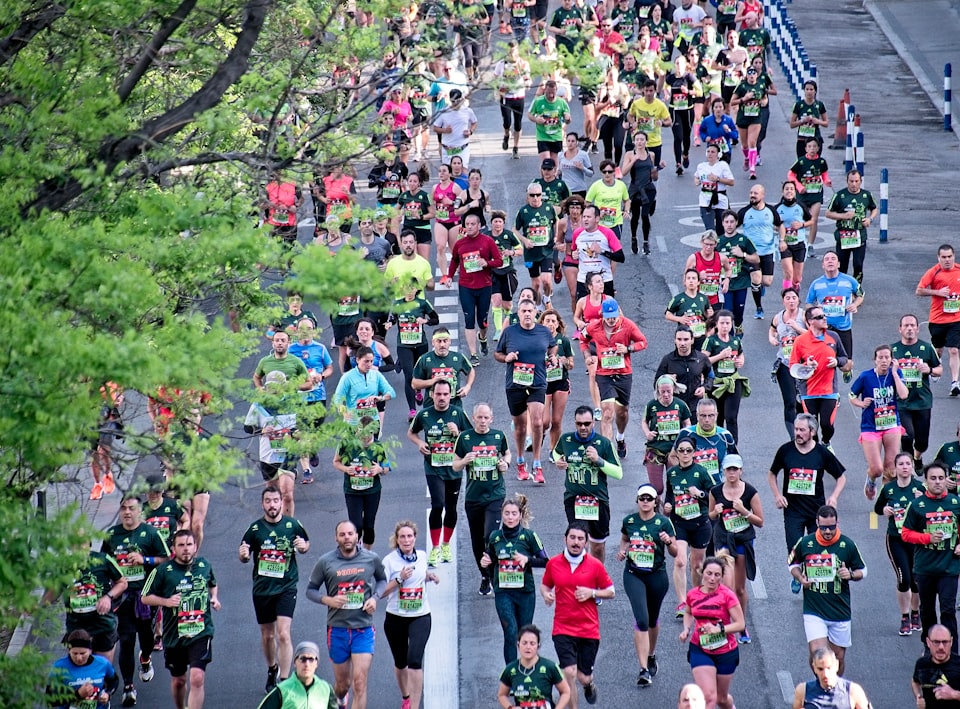Are We Overcaffeinated?
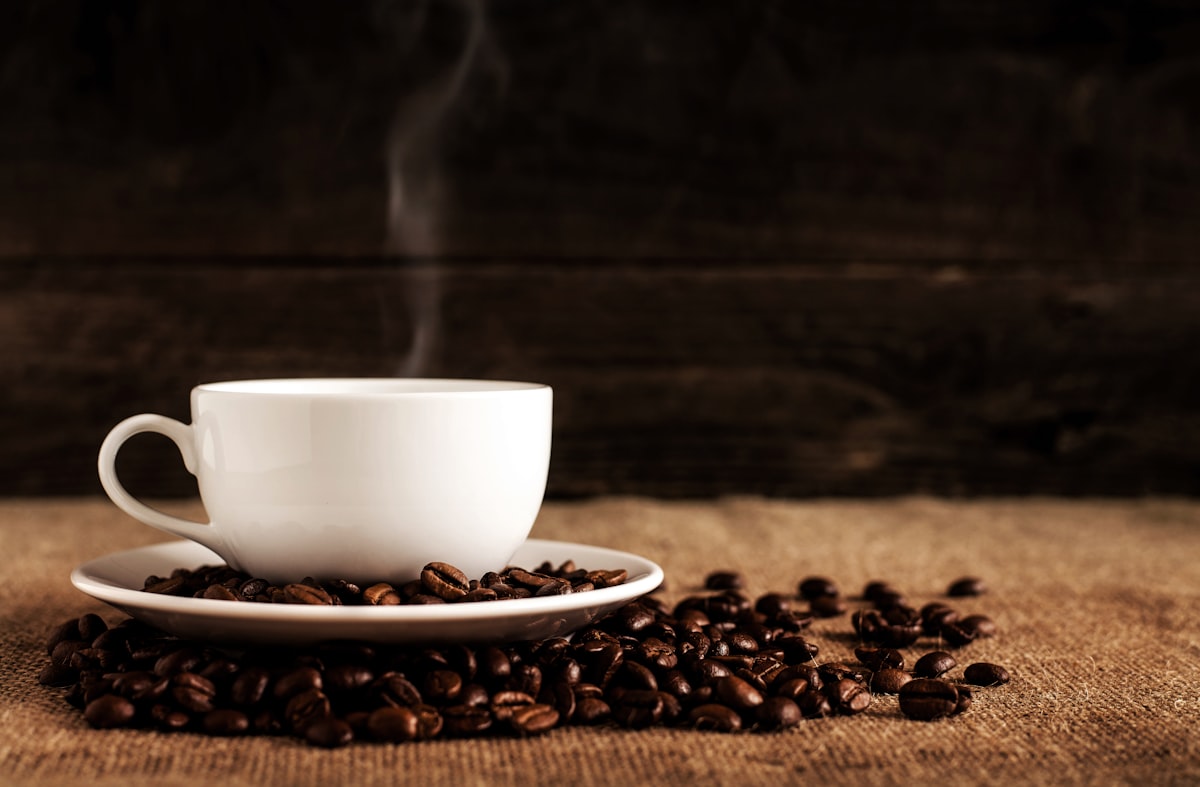
I have a confession to make. I am 100% physically dependent on caffeine. If I go more than 1/2 a day without it, I start to get irritated. I can’t think, function, and even feel like I get out of breath more easily.
I started to reflect a little deeper on my caffeine dependency. It started when I was in high school and I liked drinking green tea. Green tea only has about 1/3 the amount of caffeine as a cup of coffee at about 30mg per cup. Even though I drank it daily, I never felt like I had a dependency on it. I could easily go a few days without drinking it and feel fine.
Then I got to college and found the sweet black nectar of coffee. I quickly bought my coffee maker. It didn’t take me that long before it spiraled into me drinking about a 1/2 pot of coffee a day by the end of my freshman year. A few years after that, I got a job at Starbucks. I had an unlimited supply of caffeine to fuel me through college and all my days.
Caffeine In Our Society
Caffeine is an interesting drug because it is the one drug in our society that we don’t seem to care about. At least 85% of adults consume at least one caffeinated beverage a day. You go to any convenience store, the fridge section is lined with caffeinated drinks. It’s easier to find a good caffeine source than a quality source of water.
If you are trying to quit caffeine, it feels like it’s near impossible. Everything you drink during the daytime seems like it disappears. It looks like all that remains is water and seltzer water.
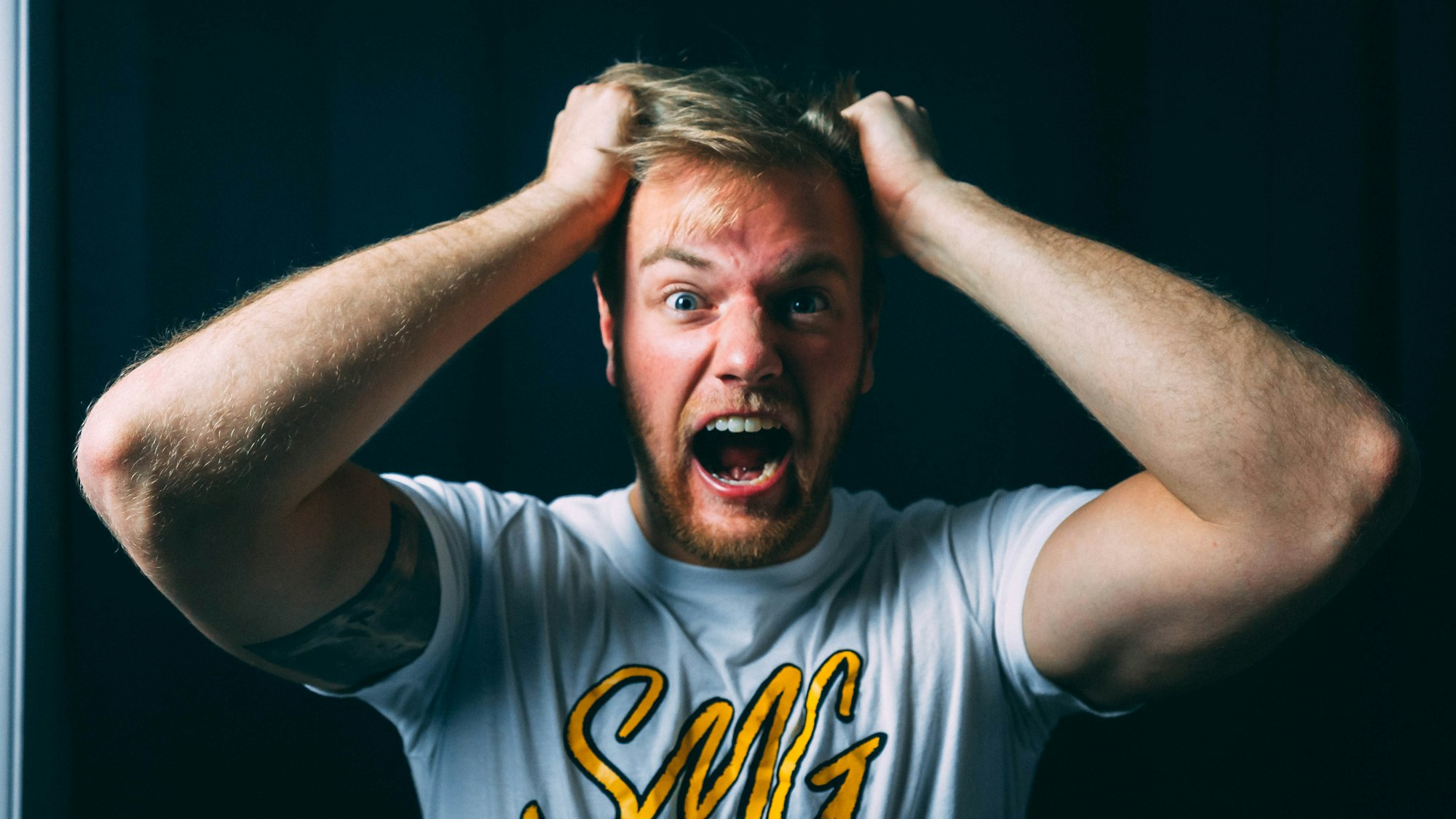
Why Is It Hard To Quit?
It’s funny whenever you look anything up on the internet about quitting caffeine, they just say that if you go about 3 days without it, your dependency is reset and you’re good! I have never found that to be the case.
Not to be a conspiracy theorist but how much lobbying money is in caffeine? How many studies about the health benefits of caffeine that are out there do you think are funded by that industry?
This isn’t to say that caffeine is bad for you but you should probably take many of the studies with a grain of salt. Most of the caffeine studies that I have seen are based on people who did not have a dependency on it prior. This is especially true when it comes to sports performance. If you’re a coffee drinker, you know what that feeling was like when you had that first cup of coffee. You drink coffee now and after four cups don’t even get that same feeling.
Why I Am Reducing/Eliminating My Caffeine Intake
Do you wake up every morning feeling like you got hit with a ton of bricks? Well, that’s how I feel 80% of the mornings. It doesn’t seem to correlate with how much the quantity of sleep that I’m getting or what time I go to bed. I recently had a vacation where I got to sleep in as late as I wanted for 8 days and I still felt unrefreshed every morning.
Something needs to change. I eat a clean diet. I hardly drink alcohol. Caffeine feels like it’s the last thing to try.
The Mental Dependency
My biggest struggle with letting go of caffeine is the feeling that I won’t be living up to my potential. It’s 100% become a crutch in my daily life.
Whenever a work deadline comes up, have more caffeine.
Whenever I am feeling slightly tired that day, have more caffeine.
Whenever I don’t feel mentally the sharpest that day, have more caffeine.
400mg of caffeine per day is the most recommended amount. How many people are well over that number? Maybe you take a pre workout supplement? There’s a 90% chance there’s caffeine in there. Maybe you drink coffee in the morning as well? Maybe you have another cup of coffee at lunchtime? You’re probably already well over that 400mg mark and you don’t even know it.
I know that I’m there. Many days I’ll have about 4 cups of coffee with tea mixed in as well. No wonder my energy levels are so inconsistent.
How do you reduce it without feeling the withdrawal as hard? If I quit cold turkey today, I know my withdrawal symptoms would be bad but the worst part about it is the feeling that I’m not performing at my best. It feels like a catch-22 since I’m not performing my best because I’m constantly over-caffeinated but I also know I won’t perform my best if I quit cold turkey.
It’s almost an allegory for delayed gratification.
The Half-Life Of Caffeine
The half-life of caffeine is 5 hours. If you look below at my Cronometer chart, there are some days on there that approach 900mg of caffeine. I can tell you that this chart is underreported. There are days on here that I know I had over 1000mg of caffeine, those days were probably hectic days for me so I didn’t have time to log into Cronometer along with stretches where I would forget to log it.
A Venti Coffee from Starbucks is reported to have about 415mg of caffeine in it. That means if you drank that cup of coffee at 9:00 am, you would still have 207.5mg of caffeine in your system by 1:00 pm. By 6:00 pm, you would still have 103.5mg of caffeine in your system. Even if you go to bed at 11:00 pm you still have 51.75mg of caffeine in your system! 51.75mg of caffeine is more caffeine than a cup of green tea!
How many people have another cup of coffee at lunchtime? I can tell you from the experience working at a coffee shop, a lot of people do. How does that caffeine affect your sleep?
Some research shows that just 250mg of caffeine can effect sleep. Even though the typical standard cut-off is always stated as no caffeine past 1:00 pm (even though that time seems to constantly move around).
Michael Pollan stated anecdotally in his Audible Original, Caffeine, that when he quit caffeine he felt like he slept like a teenager again. He said the level of sleep and rest that he felt was deeper than he had felt in years. Even though Pollan did state at the end that he was not giving up caffeine permanently, he did state that he has a renewed relationship with it.

Techniques To Quit Caffeine
Cold Turkey
I’ve tried to quit caffeine cold turkey more times than I know. It doesn’t work for me. Some people can do it but even after I break the physical dependency, I always seem to slip back because I miss the ritual. This time around, I’m going to switch up the ritual by switching to tea instead of coffee. Tea has about 1/3rd the amount of caffeine as a cup of coffee and makes me much less jittery. The transition feels a lot smoother than abruptly changing my morning routine.
Tapering
The plan that I am going to use is to go 30 days without coffee by switching to tea. I’m not going to restrict the amount of tea that I drink and am not going to count every milligram of caffeine. Since I will already drink about 4-6 cups of coffee a day, I know I won’t be drinking 12-18 cups of tea a day so my caffeine levels will automatically be lowered.
After the 30-day mark, I will start to be more mindful of my consumption throughout the day. The goal will be to go one weekend in May (the day of writing this is March 31st) cold turkey.

This Isn’t About Banishing Caffeine Forever
I’m not doing this to banish caffeine from my life forever completely. The goal of this is to change my relationship with it.
We often go into autopilot with our relationships with things we interact with in our day-to-day life. We eat the same things, we drink the same things, and we get into our routines. It isn’t until we change up that routine that we understand what our relationship with that thing is.
Even after this experiment, the plan is to never have more than 100mg of caffeine a day since that is enough to start developing a tolerance. I know occasionally that I will probably break this rule so the hard rule is going to be to never go consecutive days at this level.
I plan to go more days caffeine free than not. I know this will be challenging since it appears caffeine has woven itself into our everyday life. It’s everywhere we turn.
The purpose is to stop that tired and wired feeling. Right now as I write this, I can feel my heart pounding in my chest but my head feels exhausted. It’s about connecting back to the body naturally as it is supposed to function.


